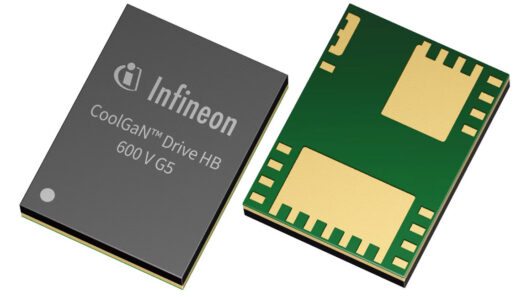Despite the value of their various components, such as copper, silver and gold, the study revealed that most old phones end up in drawers, cupboards or in household waste.
According to experts, it is expected around 5.3 billion mobile phones and smartphones will cease to be used this year alone. Given they have an average depth measuring 9mm, it means that if all of the unused phones were stacked on top of each other they would reach a height that is 120 bigger than the international space station and one-eighth of the way to the moon.
Harmful to the environment
The UK government has set out regulations on the disposal of WEEE items, which include household goods such as headphones, remote controls, keyboards, routers, mice, mobile phones and smart devices to name just a few.
These regulations are in place because the waste from electrical components is harmful to the environment. Any electrical equipment that is sent to landfill will decay over time, this eventually leads to toxins being released into the earth, into our water systems and, eventually, into people.
Top hoarder of electrical goods
The UK ranks number three out of seven EU countries surveyed (with the UK being surveyed separately) as being the worst hoarders of small electrical goods. The reasons cited for not disposing of items range from, they might use the device again to they don’t know how to properly dispose of items, or there is no incentive for recycling correctly.
However, correct disposal could lead to production of items such as electric car batteries, wind turbines or solar panels, all of which are crucial for reaching the goal of becoming Net Zero by 2050.
Small items are easy to overlook
Pascal Leroy, Director General of the WEEE Forum, commented via the WEEE Forum: “We focussed this year on small e-waste items because it is very easy for them to accumulate unused and unnoticed in households, or to be tossed into the ordinary garbage bin. People tend not to realise that all these seemingly insignificant items have a lot of value, and together at a global level represent massive volumes.”
If just one person throws a small electrical item away and it ends up in landfill, it may not seem like a problem. However, if one person from every household on the planet did that, the impact on the environment is huge.
According to Magalena Charytanowicz of the WEEE Forum, in 2022 small electrical items will have a global weight of 24.5 million tonnes, of which it is estimated that 8% will end up in landfill or incinerated.
WEEE Forum provide collection boxes in supermarkets to PO Box addresses to help with the disposal of items. Leroy adds: “The WEEE Forum that manage the collection of e-waste are constantly working to make the proper disposal of small e-waste simple and convenient for users and households … Providing collection boxes in supermarkets, the pick up of small broken appliances upon delivery of new ones and offering PO Boxes to return small e-waste are just some of the initiatives introduced to encourage the return of these items.”
The materials recovered from e-waste will ease the burden of draining the worlds already depleted resources. By households correctly disposing of their small items, together the UK will become a truly greener, circular economy.







